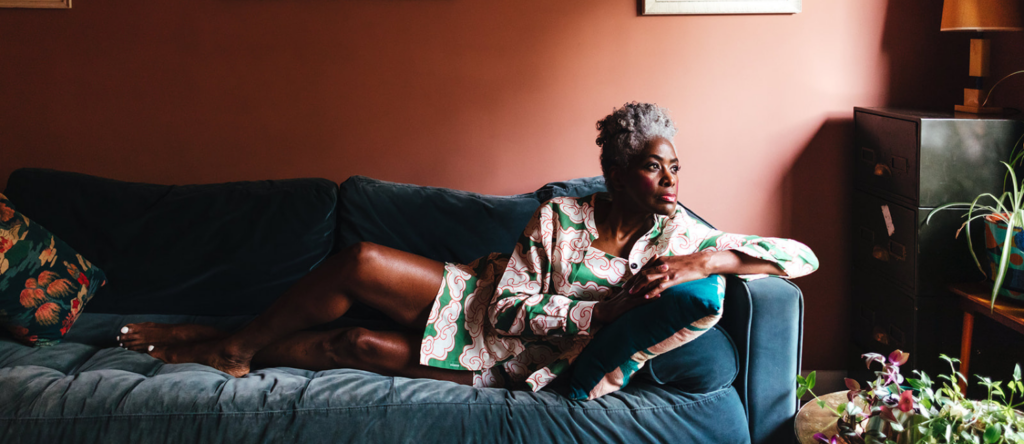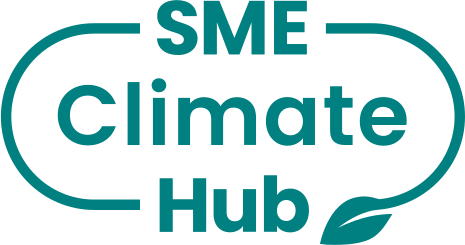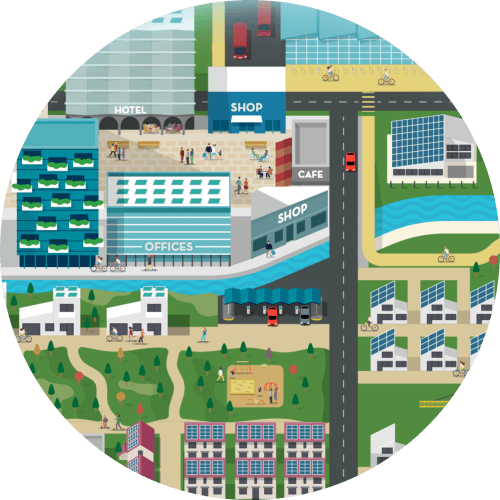A fashion revolution: Wild Clouds leads the charge for low-impact, long-lasting clothing

This article was first featured on the Climate Champions’ website, home to the Race to Zero.
Wild Clouds, a sustainable fashion brand founded by Franny Collingham, has committed to achieving net zero emissions as a member of the Race to Zero campaign. Here, Collingham explores the company’s motivations, actions, and progress in the pursuit of environmental sustainability.
Wild Clouds presents weird, wonderful, and whimsical clothing sustainably made in the UK. Our slow fashion ethos rejects seasons and trends, instead creating timeless, well-made clothes that you can love forever. We use a blend of organic cotton and linen as our signature fabric – it’s strong, planet-friendly, and super-comfortable, softening with age. Every part of our clothes, from the buttons down to the elastics, is 100% natural, sustainable, and compostable.
Our journey towards net zero began in the early years. Recognizing the importance of reducing carbon emissions, we initially lacked the resources to fully understand and implement the necessary changes. However, as our business processes and supply chain became more established, we found ourselves in a position to fully commit to our sustainability goals. Discovering the SME Climate Hub through our BCorp application process, we were excited about the resources and support available to help us achieve net zero emissions by 2030. We also partnered with One Tribe to protect 100 square meters of rainforest for every purchase made.
Action across all scopes
In the short term, over the next 12 months, we plan to reduce carbon emissions by optimizing our transport networks and substituting virgin materials with natural deadstock and surplus fabrics. Looking ahead to the medium term, within the next two to three years, we aim to integrate more recycled and regenerative fabrics into our products and conduct a thorough product lifecycle analysis to identify key areas of carbon consumption. By 2030, our long-term goal is to hire a Head of Sustainability to research, analyze, and implement sustainable processes across the company.
We have made significant strides by measuring our Scope 1 and 2 emissions and setting reduction targets. These efforts are critical in tracking our progress towards net zero. To align with our commitment to halve emissions by 2030 and achieve net zero by 2050, we have integrated sustainability into our business policies, supply chain code of conduct, and supplier screening questions. This ensures that our entire business ecosystem is moving towards the same environmental goals.
The journey has not been without challenges. The fashion industry’s resource-intensive nature posed significant obstacles, particularly in fabric production, transportation, and manufacturing. Engaging suppliers to collaborate on reducing emissions required considerable effort. However, this collaboration has fostered stronger relationships and shared sustainability goals. Key lessons learned include the importance of incremental changes and persistence in achieving significant cumulative impacts.

One of our biggest breakthroughs is the adoption of plastic-free clothing production, a significant step given that 69% of global clothing contains plastic. While not groundbreaking, this practice has had a substantial impact.
We also focus on small batch, responsible production, generating little to no fabric waste. Any waste we do create is made into accessories such as scrunchies and eye masks. Our signature fabric is a blend of 76% organic cotton and 24% linen, woven, dyed, printed, and finished in Turkey by GOTs-certified Altoteks. We use low-impact, azo-free dyes and ensure all materials and processes are safe for human health and the environment.
Our trims, such as eco-friendly Coroza buttons and organic cotton and natural rubber elastic, are sourced from ethical suppliers. Our packaging is kept to a minimum and is compostable, ensuring minimal environmental impact. We also use a third-party warehouse in Kent for storage and fulfillment, further supporting our sustainable practices.
One of our long-term goals is to become a circular business. We avoid waste through careful pattern cutting and reuse of offcuts. Our repair service keeps our clothes in use for as long as possible, and once they reach the end of their lives, they are fully compostable. We are actively working towards using fewer virgin materials and incorporating deadstock fabrics and recycled materials.
At Wild Clouds, we are doing things differently, paving the way for a new era in the fashion industry. This is just the beginning of the slow fashion movement, characterized by transparency and a deep understanding of the impact of the clothing we buy. By investing in items that are designed to last, our customers not only save money in the long run but also contribute to a fairer and healthier future for all. We believe in creating clothing that tells a story of sustainability, durability, and ethical production. Together, we can build a fashion industry that respects both people and the planet, setting a new standard for generations to come.
For more detailed insights, you can view Wild Clouds’ Impact Report.

 Retourner
Retourner






